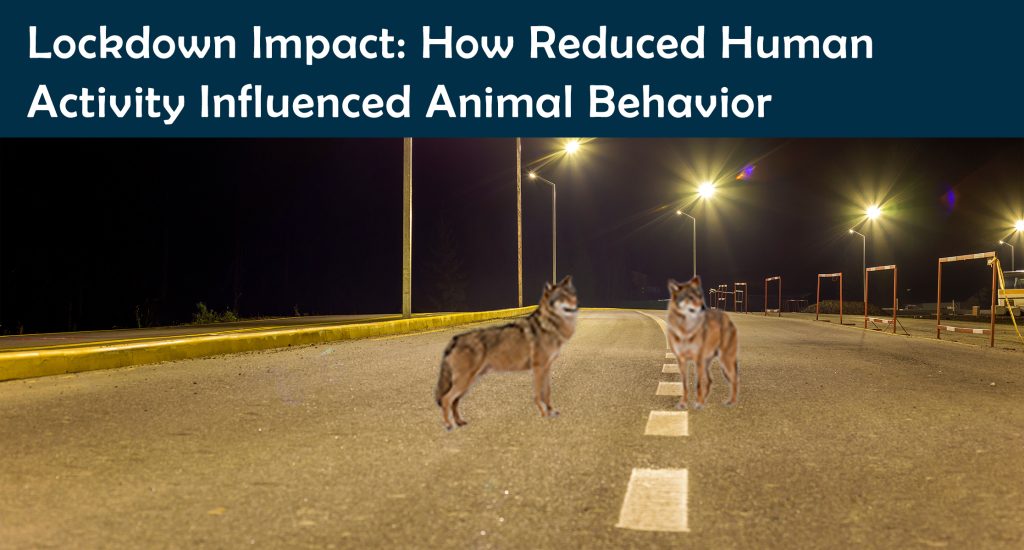In 2020, during the global lockdowns imposed to combat COVID-19, a significant number of people observed wild animals appearing in unexpected places. To understand the impact of reduced human activity on animal behavior, the COVID-19 Bio-Logging Initiative was formed, utilizing bio-logging devices to track animal movements. Research findings published in Science reveal that large land mammals altered their behavior during lockdowns. They moved closer to roads, potentially due to reduced traffic, and explored new areas. The study highlights the direct influence of human mobility on animal movements and behavior, emphasizing the need to develop strategies for positive human-wildlife coexistence. Ongoing research will investigate the effects on birds, marine environments, and species in North America.


